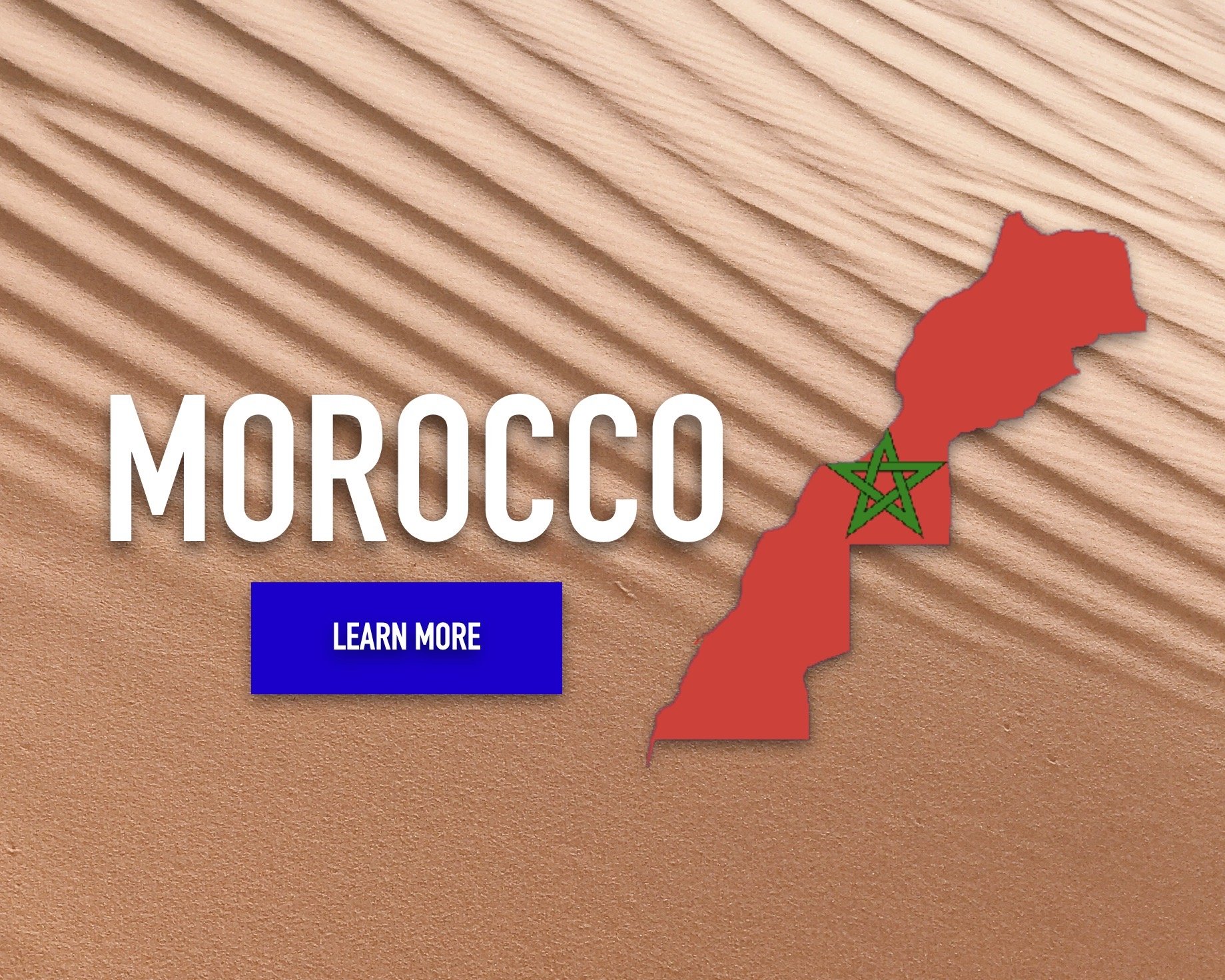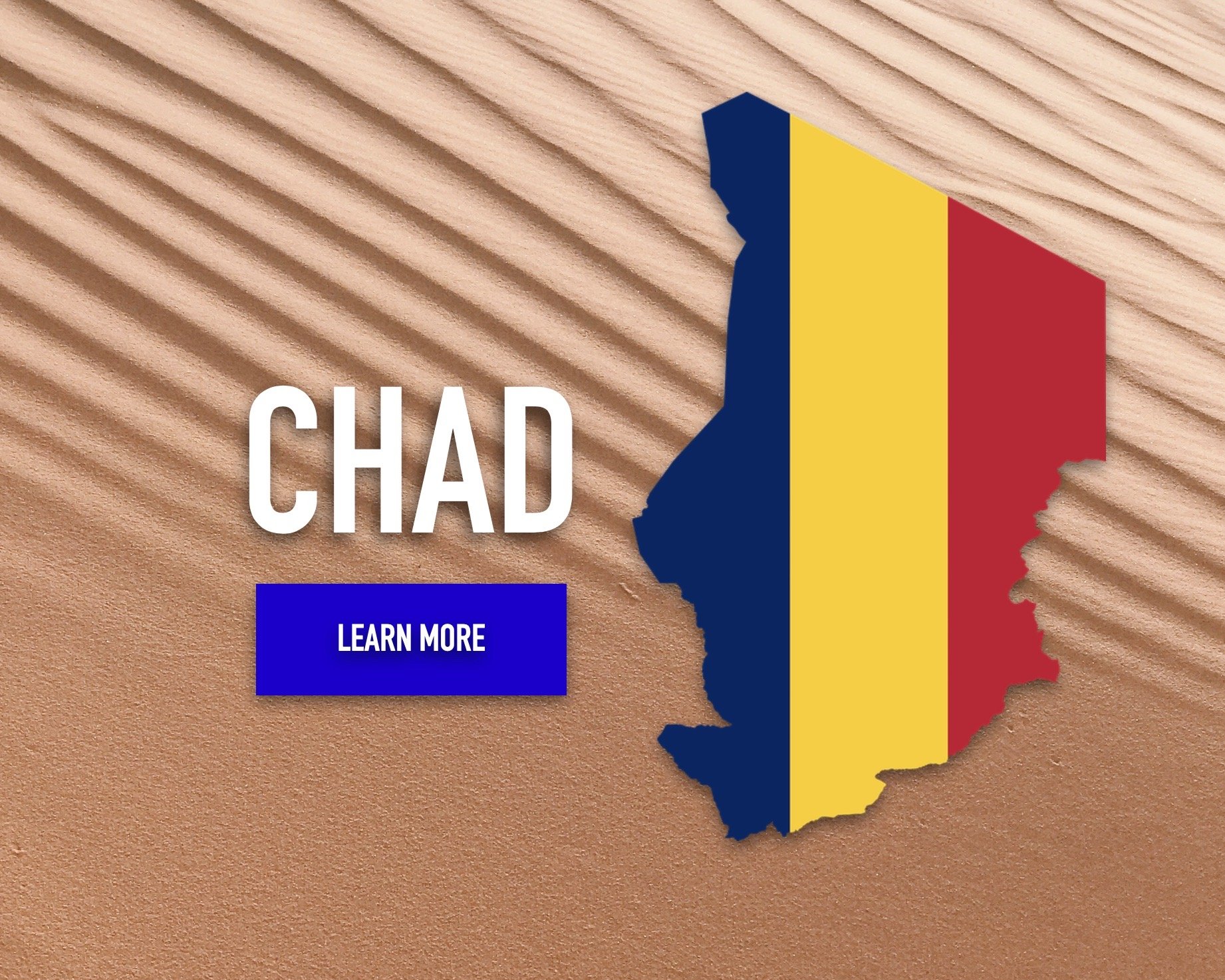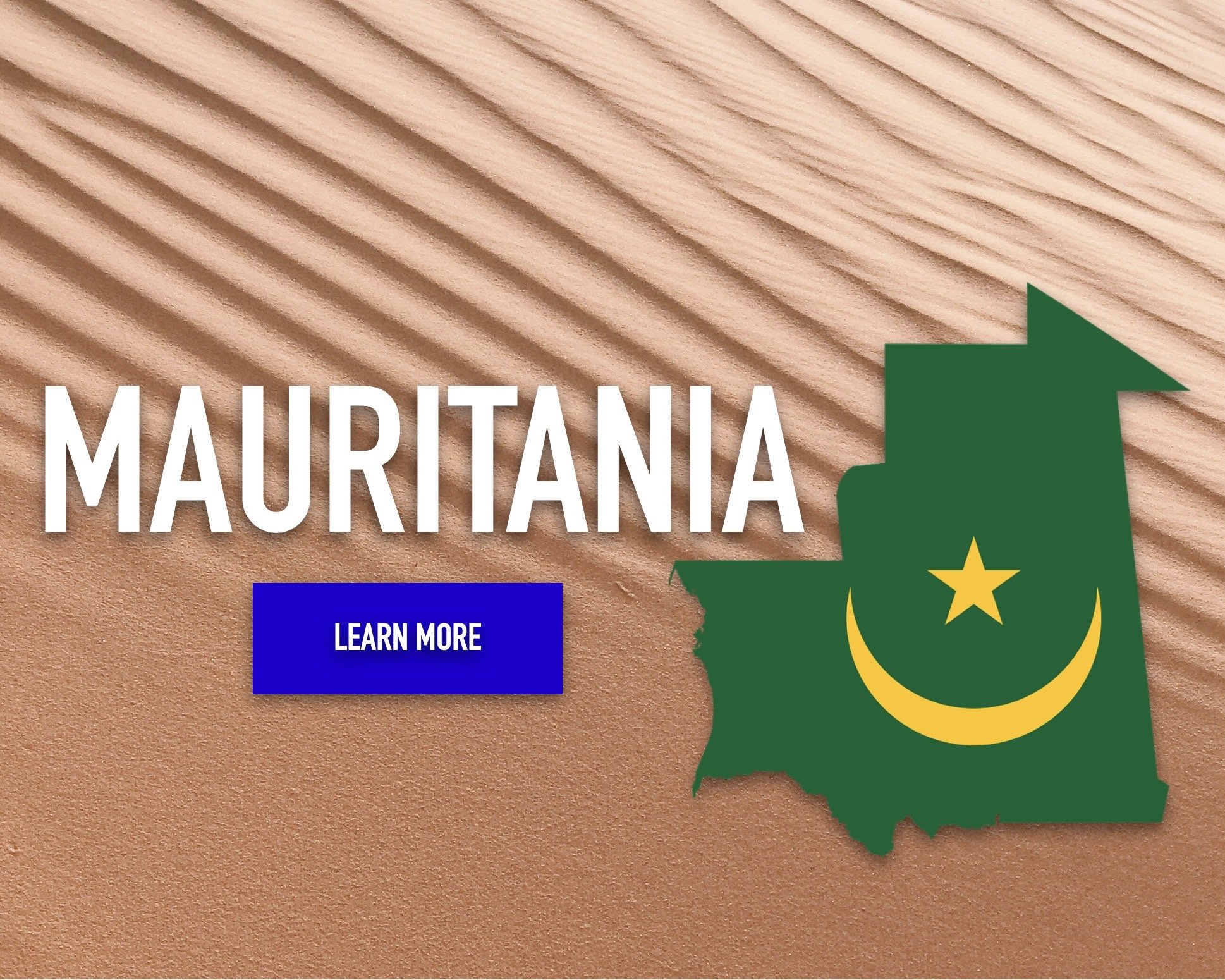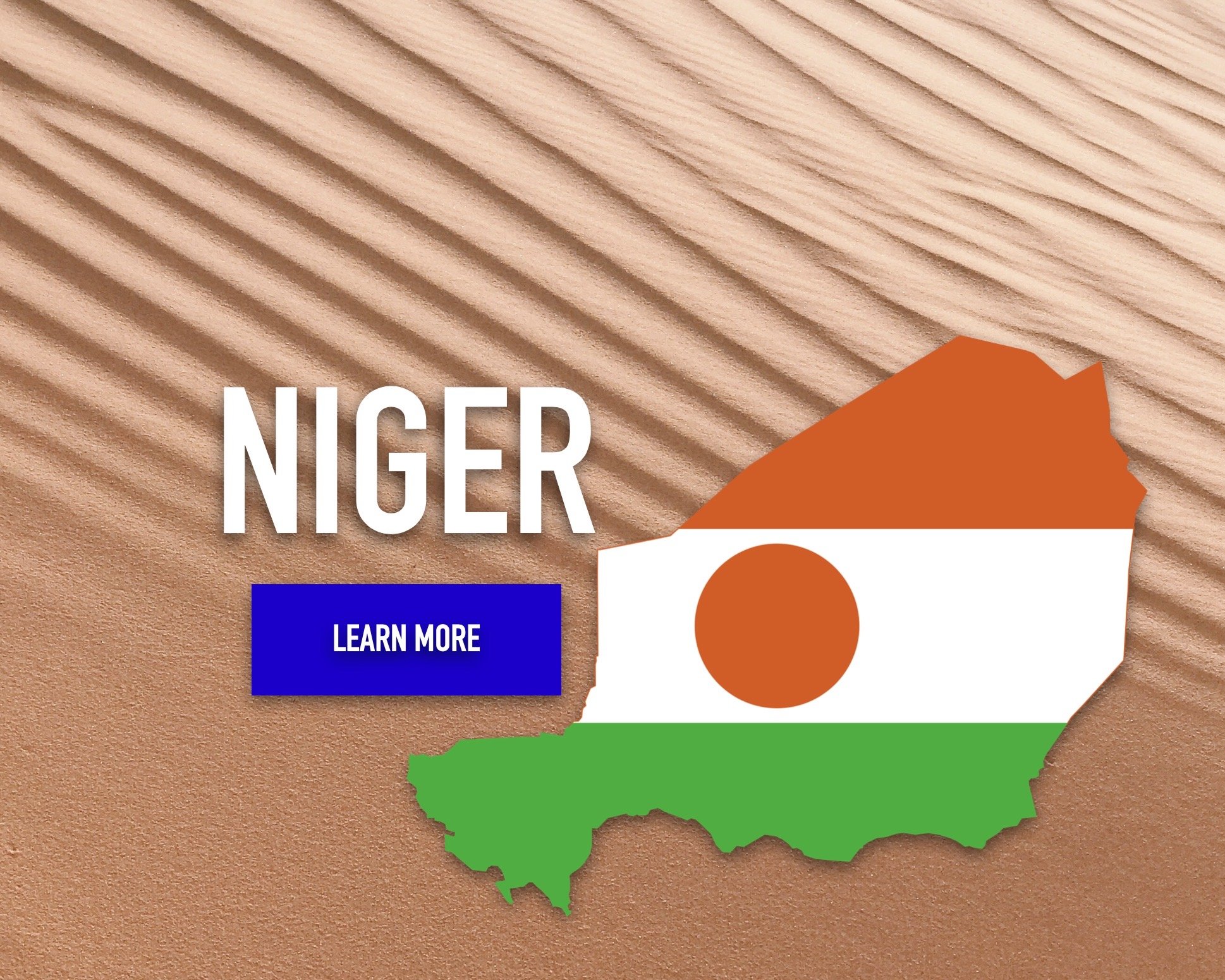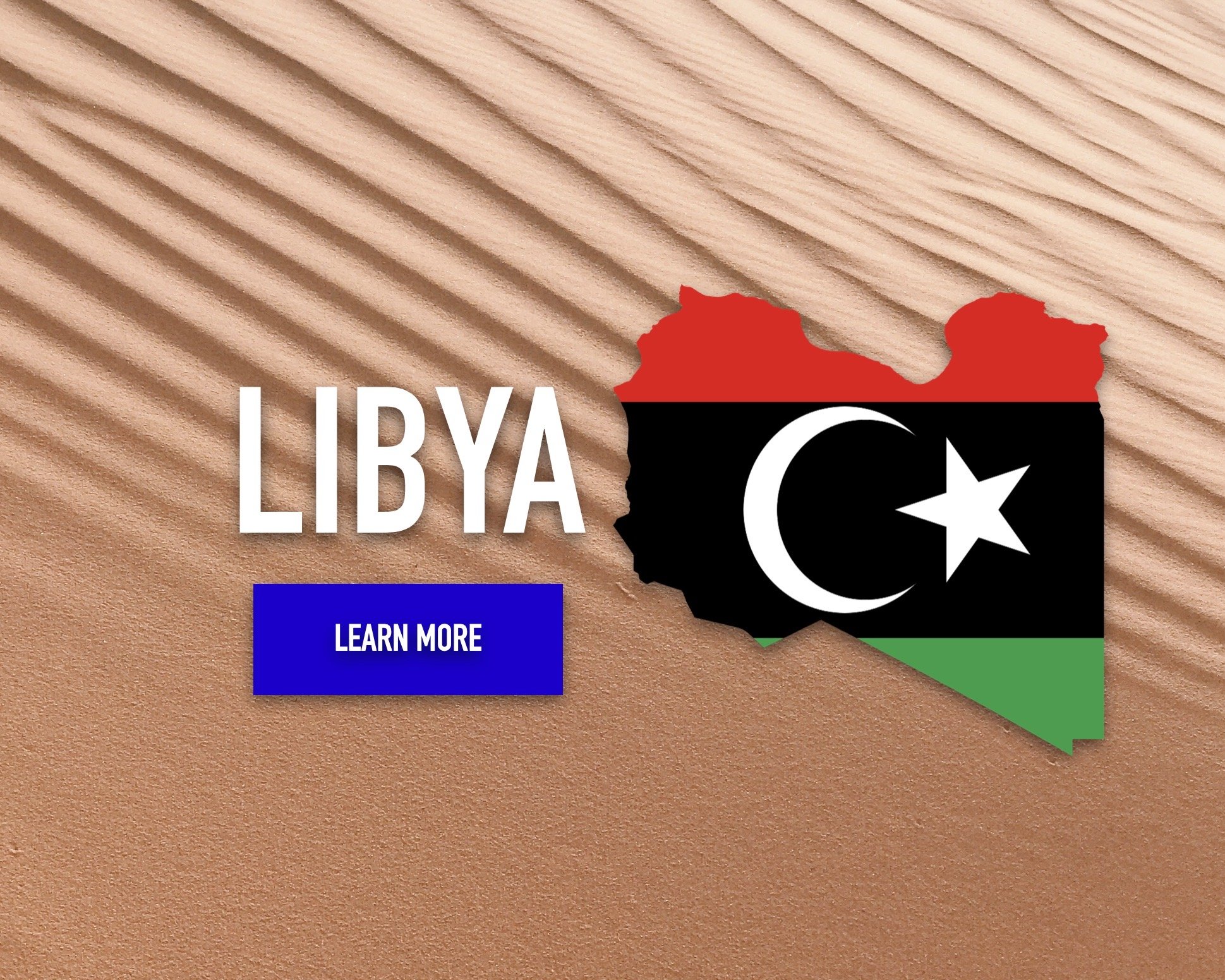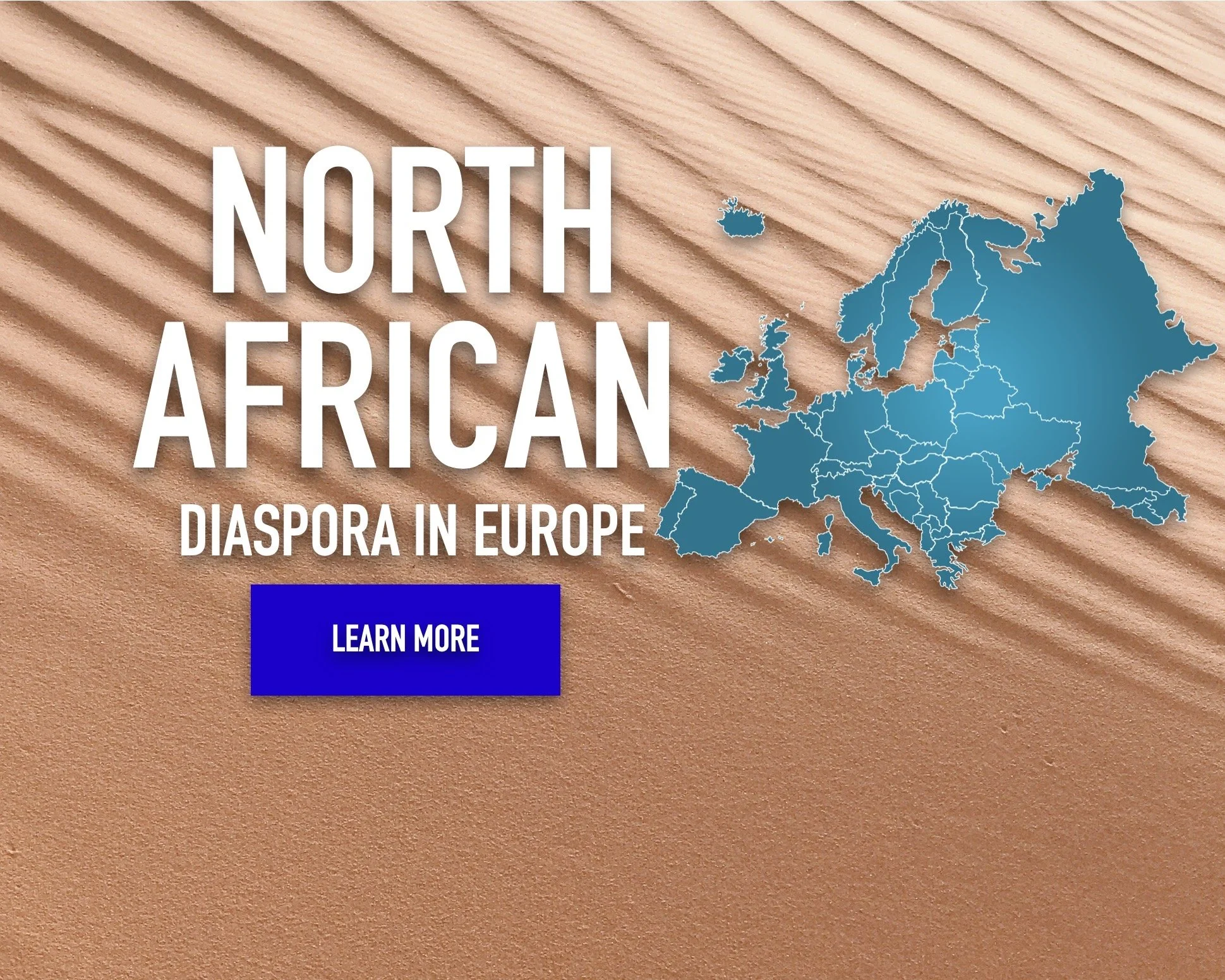
Western Sahara Region & Peoples
Western Sahara
The right to govern the Western Saharan territory has been under dispute for many years and the territory is under a long-term ceasefire. Many Saharawi people have lived in refugee camps in the Saharan desert their entire lives and maintain a desire to have a land that is self-governed.
Even so, Christ is calling this people to be His own.
There is a large need in the Western Saharan region for intercessory prayer and worship and a need among Saharawi refugees for basic health education, vocational training, and dignifying friendships in order that this place and its people would find their peace and identity in Christ.

HOW IS GOD CALLING YOU TO BE PART OF WHAT HE IS DOING IN Western Sahara?
Whether you want to send your outreach team, visit for yourself, or adopt Western Sahara in prayer, let us know how we can help you take the next steps on your journey!
Please reach out for more information on travel opportunities, how to pray, or just to say hi.
Pray Now!
A vast and desolate landscape of shifting sand dunes, rocky plateaus, and spectacular valleys, the Sahara desert is truly awe-inspiring. To many, this desert is inhospitable and bleak, but to the people of Western Sahara, it is home. Yet, for the Saharawi people, this home is occupied, represented by a 1,700 mile (2,700 km) earthen wall. Heavily land mined and barricaded, this wall reminds the world – and the Saharawi – that the nation of Western Sahara remains a disputed territory.
Western Sahara has been occupied throughout its history. Once under Spanish rule, the land was later divided between Morocco and Mauritania. When Mauritania removed its claim, Morocco advanced. The Polisario Front (comprised of Saharawi people) contested Morocco's occupation, which led to decades of guerrilla warfare, ending with a 1991 cease-fire. The promised referendum, in which Western Sahara would be given a choice between independence and integration into Morocco, has yet to be offered. The earthen wall, erected by the Moroccan government, outlines the land that Morocco successfully occupied. The Polisario, and the Saharawi people, continue their call for independence and the ability to return to their homeland. Decades of conflict and continued disputes have caused much suffering, particularly for the approximately 90,000 Saharawi refugees who have found shelter in Algerian refugee camps since the 1980s.
Considered almost entirely Muslim, most of the Saharawi people have little to no possibility of hearing the Gospel, though there are a handful of isolated believers. The plight of the refugees has opened doors for humanitarian and Christian aid, providing opportunities to spread the love of Christ. The JESUS film has also been made available, and the Hassaniya New Testament is nearly complete.


